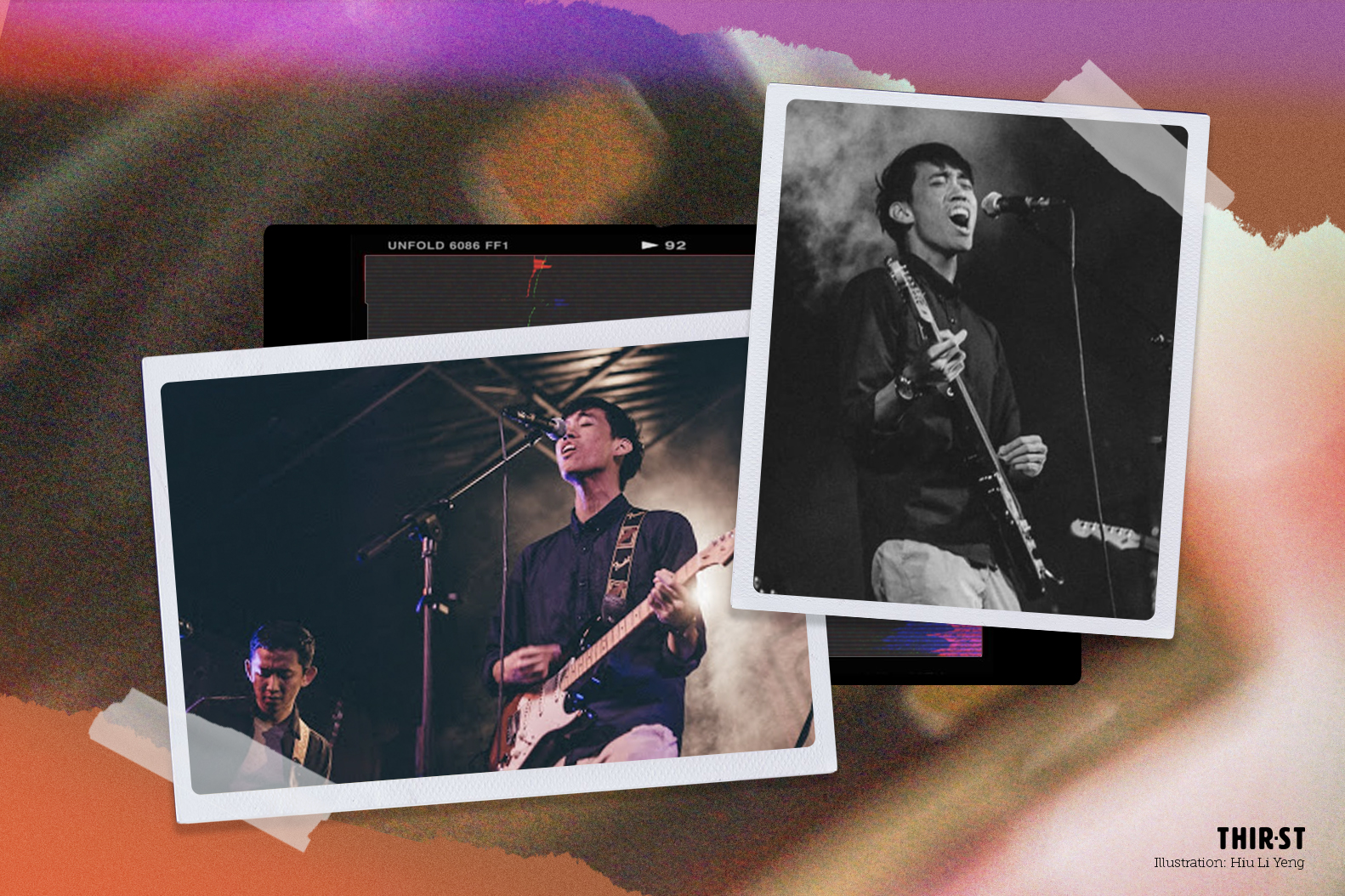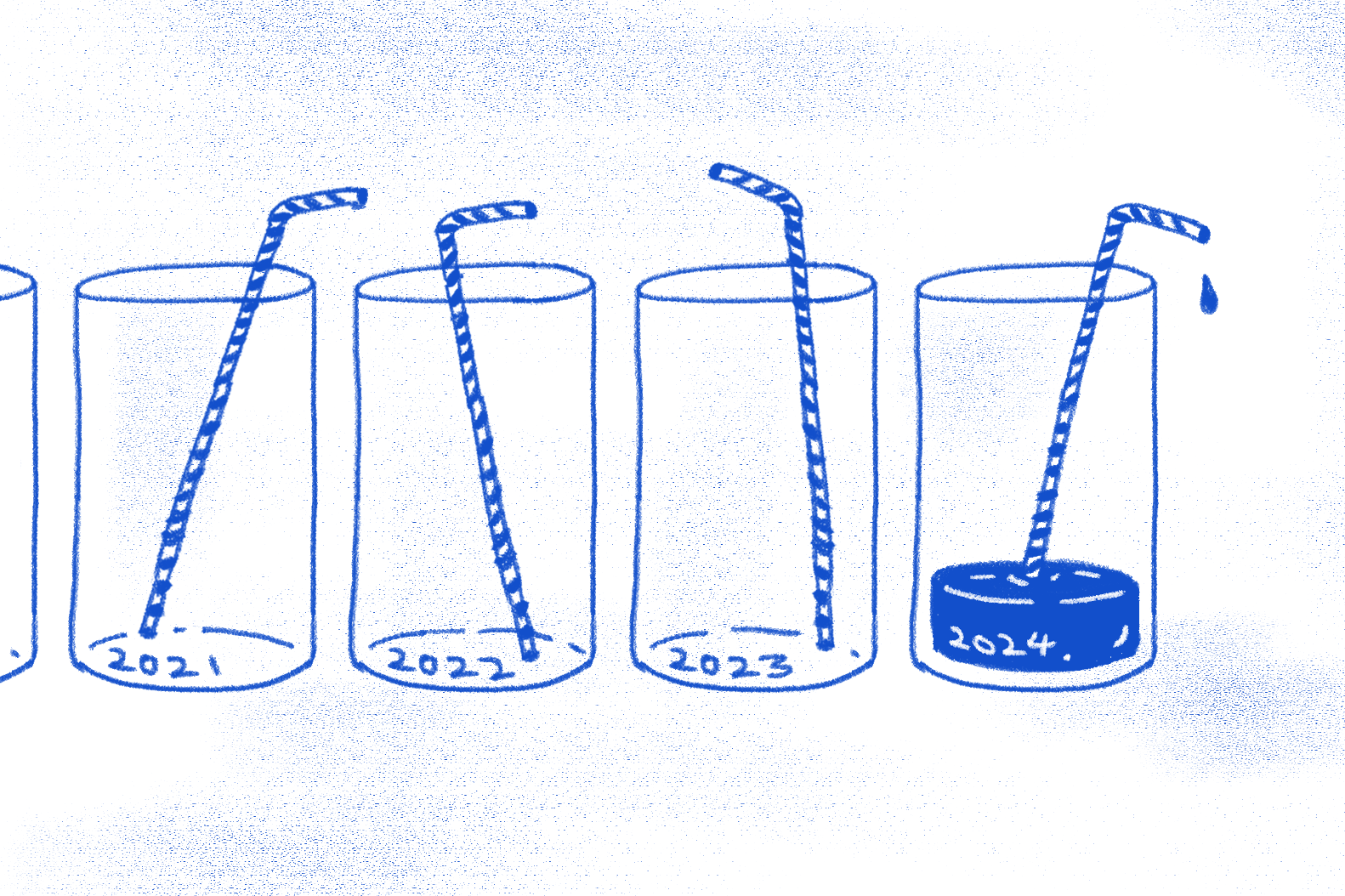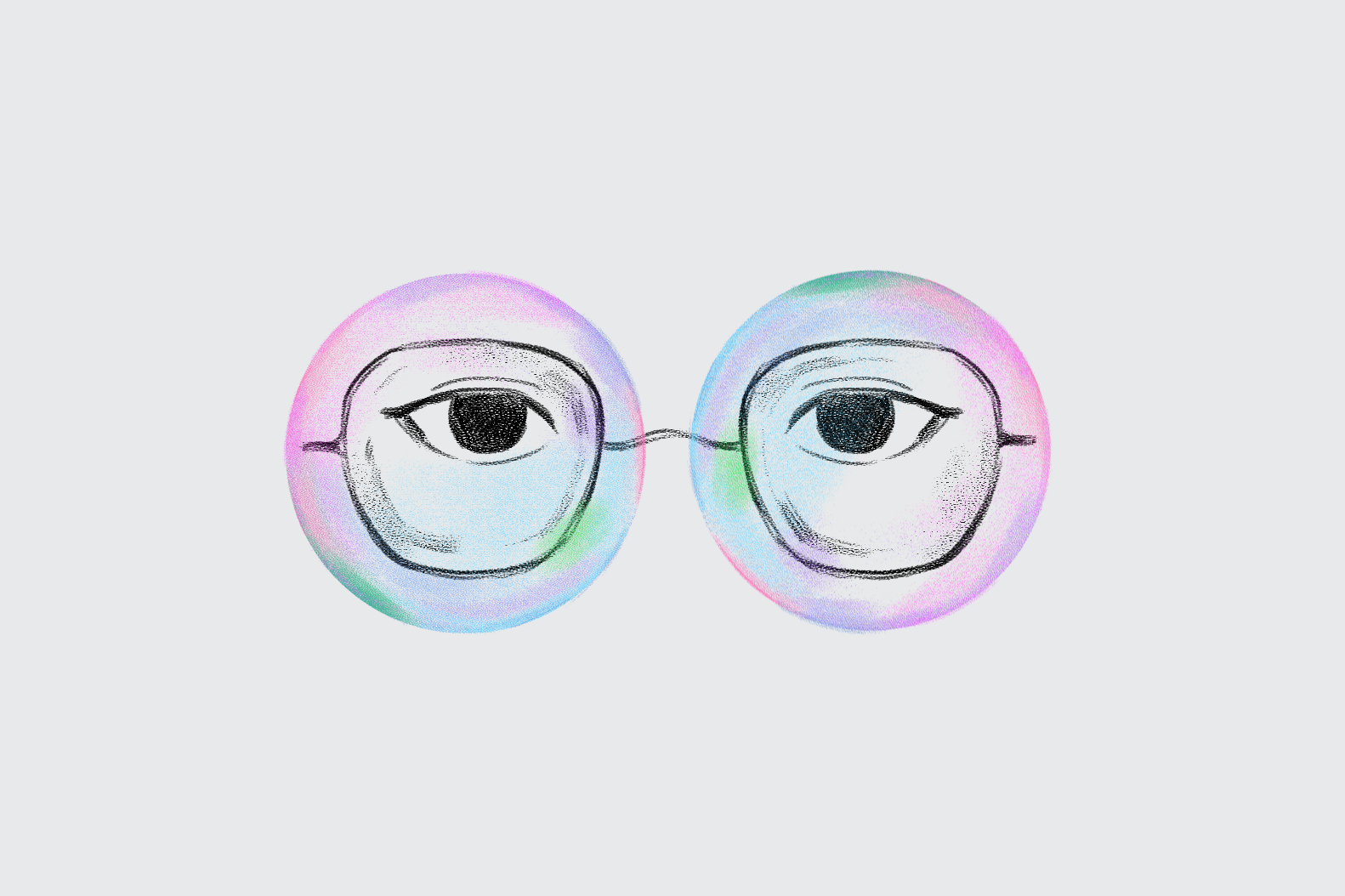There is a word in Japanese that summarises the deep problem I was facing: “足りない” (tarinai). In English, it means “not enough”, “insufficient” or “lacking”.
By all standards, everything was going according to plan. I had topped my class in university and worked for two years in the Ministry of Foreign Affairs after graduation.
I was successful at keeping up my “good Christian guy” image – someone who served humbly in church and led worship and Bible studies.
I had even pursued my teenage dream of becoming a successful singer-songwriter by releasing my band’s first EP.
Everything was going according to plan, except that everything was not okay.

How do I describe it? There was an emptiness that sometimes felt too heavy to bear.
It produced an anxiety to perform that trembled under the skin. There was a guilt that couldn’t be washed away, no matter how hard I scrubbed. Something was not right.
I was supposed to be doing so well, and yet I constantly felt I was disappointing people. I never lived up to expectations, whether of my own or others’.
The validation I sought never came back.
I started having trouble sleeping. In my recurring nightmares, I would see faces of people in my life laughing at me.
The sin and failures of my last relationship also haunted me at night. I was filled with regret at how I treated my then-girlfriend disrespectfully and ended things abruptly.
While releasing new music with my band, I was self-conscious and deeply insecure. I felt like I was a “wannabe musician”, that I wasn’t good enough.
But instead of seriously attending to this emptiness and guilt, instead of speaking to people and bringing it into the light, I spent many years pretending and performing.
In the words of Timothy Keller in The Freedom of Self-Forgetfulness, it felt like I was in the “courtroom” and being put “on trial” every day.
I threw everything I had into my case to fight for a good verdict: my academic achievements, my good Christian guy image, my songs, my writing ability, my athletics.
Unfortunately, the validation I sought never came back.
FROM “SOMEBODY” TO “NOBODY”
Lost and without a way out, I made a dramatic decision.
On 11 September 2017, I packed my bags and flew to Japan for two years. I told everyone that I was “completing my Master’s”. But in reality, I was running away. From God, from church, from my past mistakes and responsibilities.
After half a year of living alone, I finally began to see the painful and ugly truth. I was an obsessive worker and self-hurting perfectionist. Broken and exhausted, I swung to the other extreme.
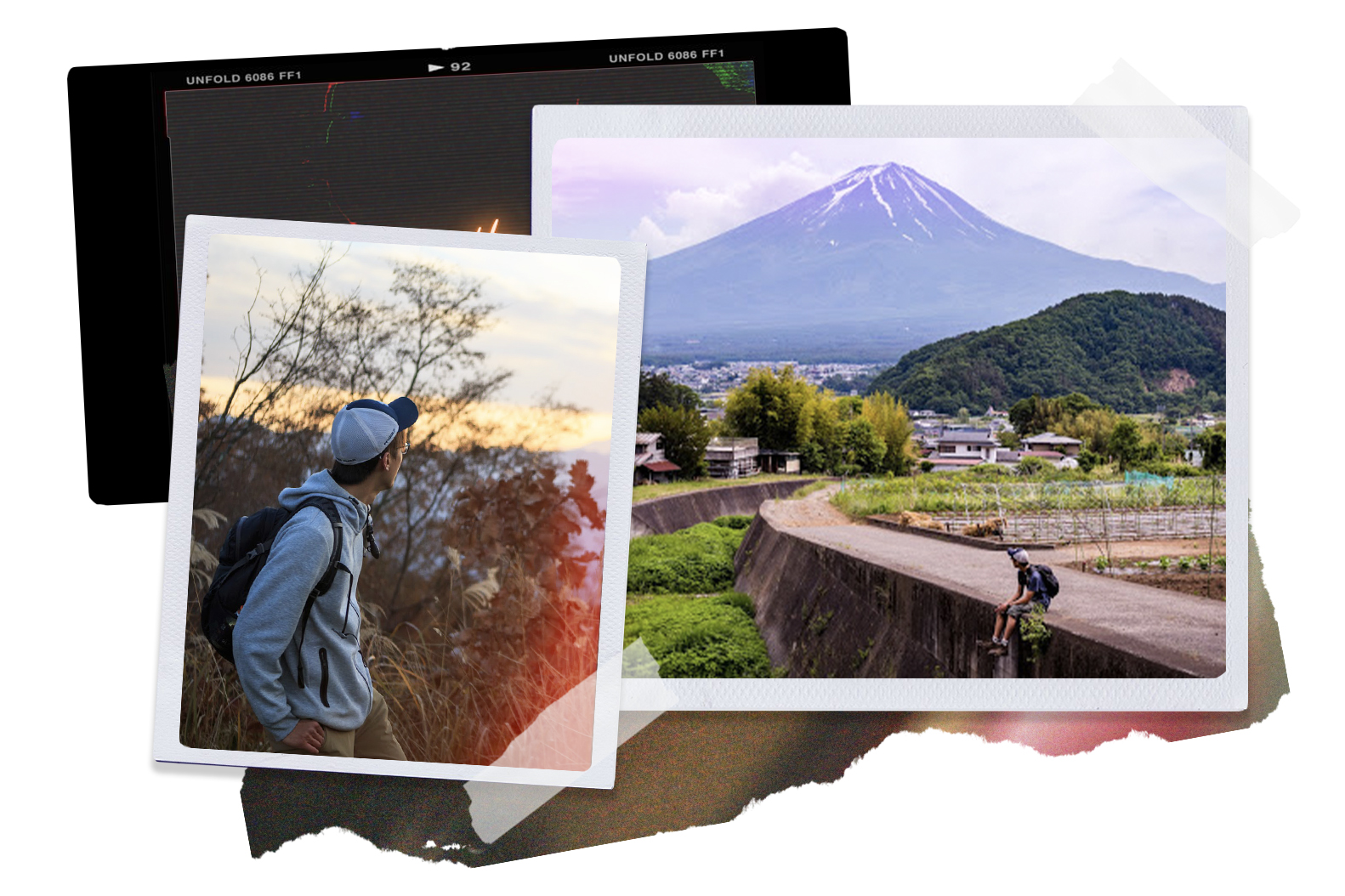
I decided that if I couldn’t be a “somebody” in Singapore, then I was determined to be a “nobody” in Japan.
I lived alone, ate alone, exercised alone, took the train alone, hiked alone. I told myself I didn’t care what anyone thought about me anymore. But to be honest, that didn’t work out either!
I was still lonely. I was still putting up a strong front. In my honest moments, my deep longing for validation and approval, for freedom from guilt and shame, was stronger than ever.
But something happened that turned my story around.
FINDING FREEDOM
The truth is that I didn’t find God. God found me.
I was brought to an international church in Tokyo where the pastors took a surprising interest in my life – one Singaporean living in a city of 9.2 million.
While there, I was shown, with new eyes, the beautiful gospel of Jesus Christ. I slowly felt something inside of me being emptied out. That “inner drive” and “endless need to prove” mindset was slowly replaced with new life, joy and freedom.
I couldn’t explain how this was happening. Of course, I put in effort to read scripture, confess my sin and be in community, but there was something outside of me – like a river – that kept me afloat. It made me realise: “So this is probably what grace feels like.”
The huge weight to perform was being lifted. Slowly, I found that I could enjoy old things without needing them to prove anything anymore.
Hiking felt fresher, serving in church felt joyful, leading a group felt like a privilege, writing my thesis was exciting.
Along the way, I was enabled to actually enjoy songwriting for its own sake. This was significant for me because it felt like heart surgery.
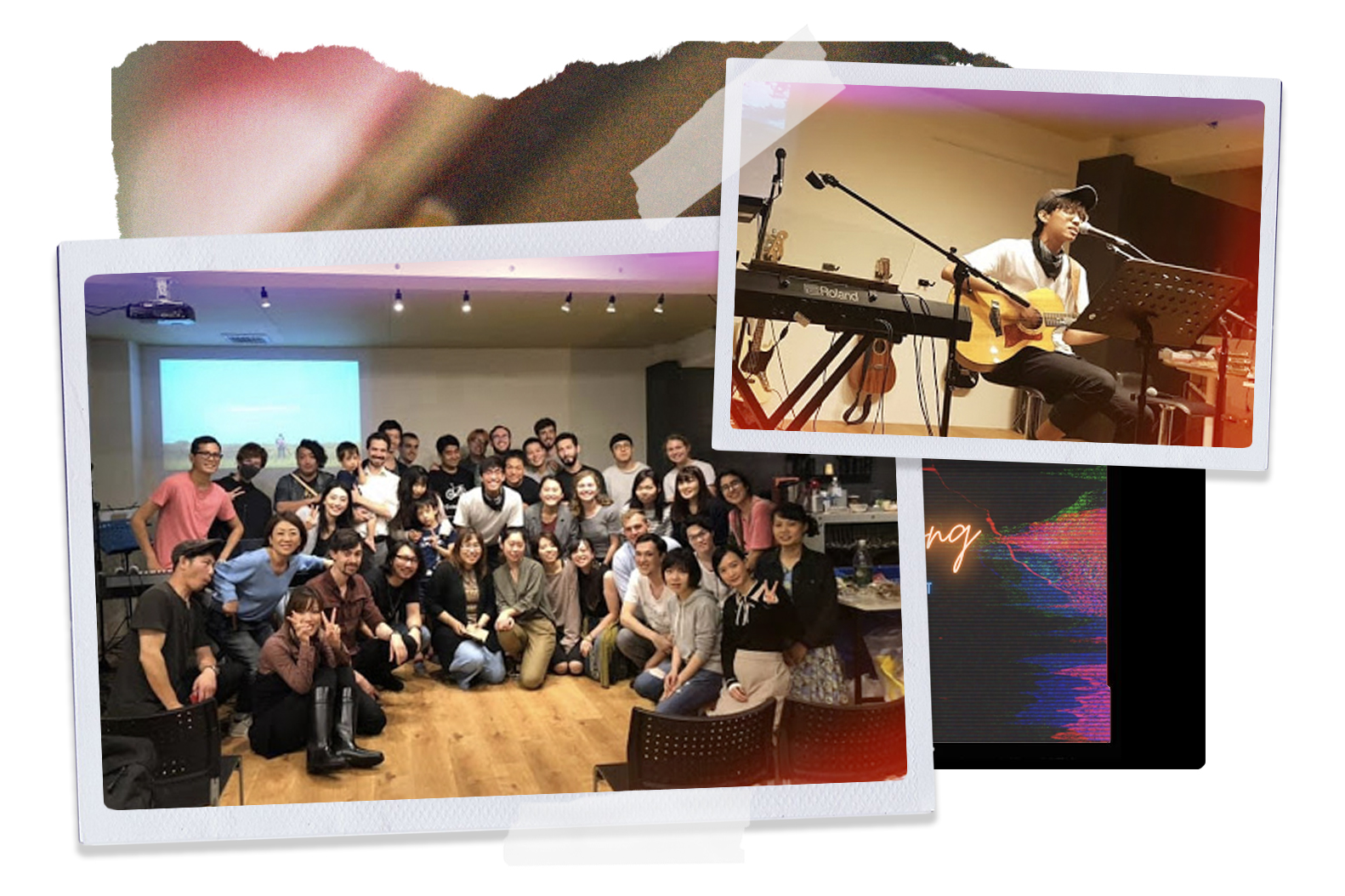
Just two years ago, being a successful singer-songwriter was an idol that had a stronghold on my identity. Because of this, I had lost the joy and freedom of playing music without feeling I was in the “courtroom” and being judged for my performance.
Because of this transformation I underwent thanks to the gospel, I was able to write songs again.
Not ultimately writing a song to get somewhere, change the world, be loved, be good at my craft, or even some artistic means of self-expression or self-creation (as good as all these things are).
I had a taste of that wonderful freedom: to do something with passion and hard work, and yet not needing to tie any of it to my fundamental identity as a son saved by God.
THE (NEW) SONG INSIDE MY HEART
One afternoon, as I was mucking around with my acoustic guitar in my small apartment in downtown Tokyo, I somehow chanced upon two lines: “You are the song inside my heart / All the words that make my art”.
My epiphany was that “I” am actually very unimportant in the grand scheme of things.
When “I” am “the song” – when my music and life revolves around myself – I have a lot to lose. I get anxious if I am performing. I am always trying to be recognised, to be somebody.
Either that or I am very busy trying not to be somebody, to show everyone how much of a humble nobody I am, which is an equally self-centred and frustrating endeavour.
But understanding the gospel afresh reversed everything.
From this newfound freedom, I was able to return to Singapore, leave my former government career and restart my band, Chasing Daylight.
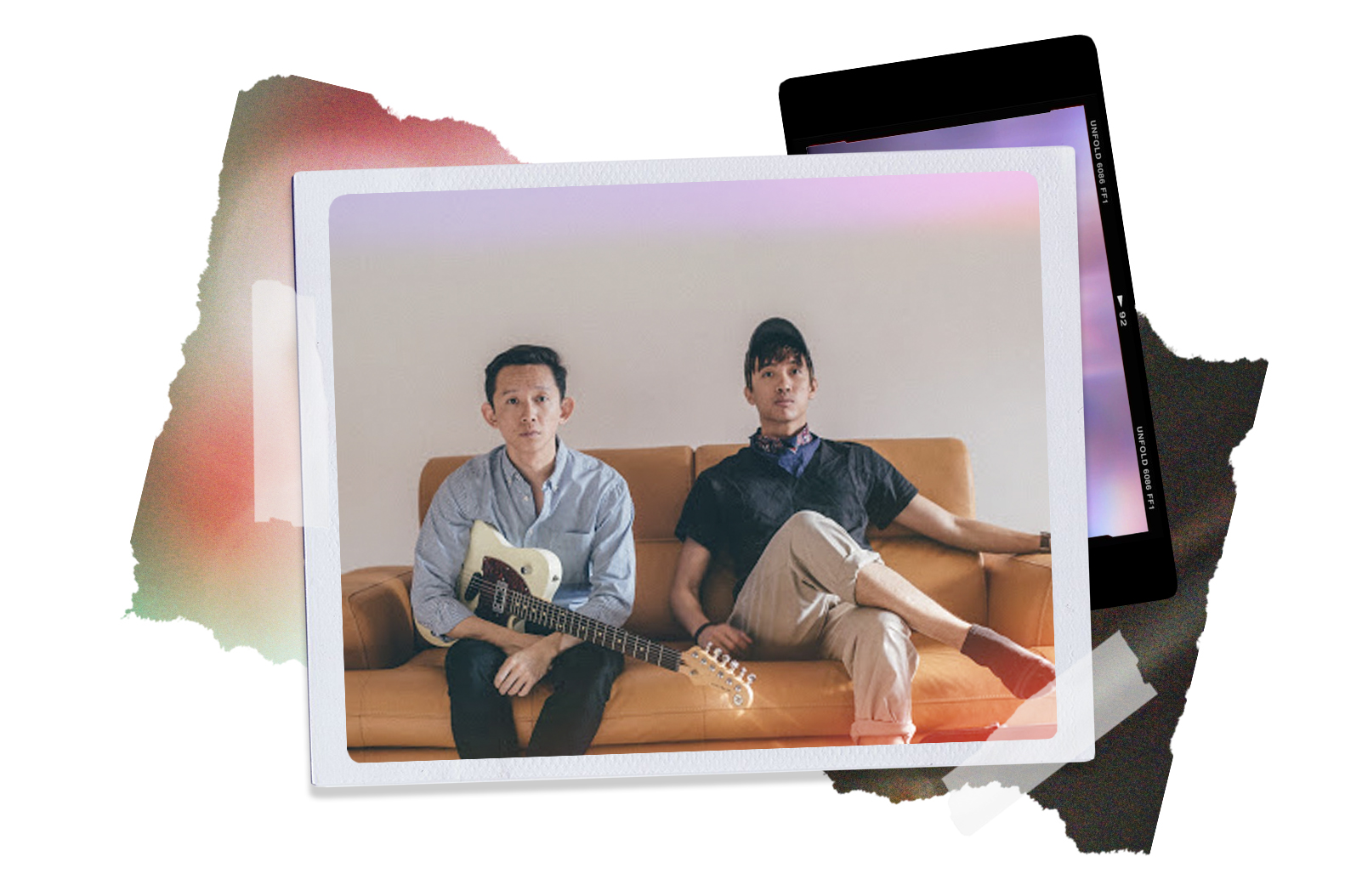
I can write songs again, I can have big dreams again. I am free to do all these things, and I am free to not need them either. I am free to live as called, under grace, a beloved son.
“You Are The Song” is a song that denies itself – it’s about not having to write a song to prove my worth.
True freedom is when life becomes no longer about me. My heart can now sing to a different tune.
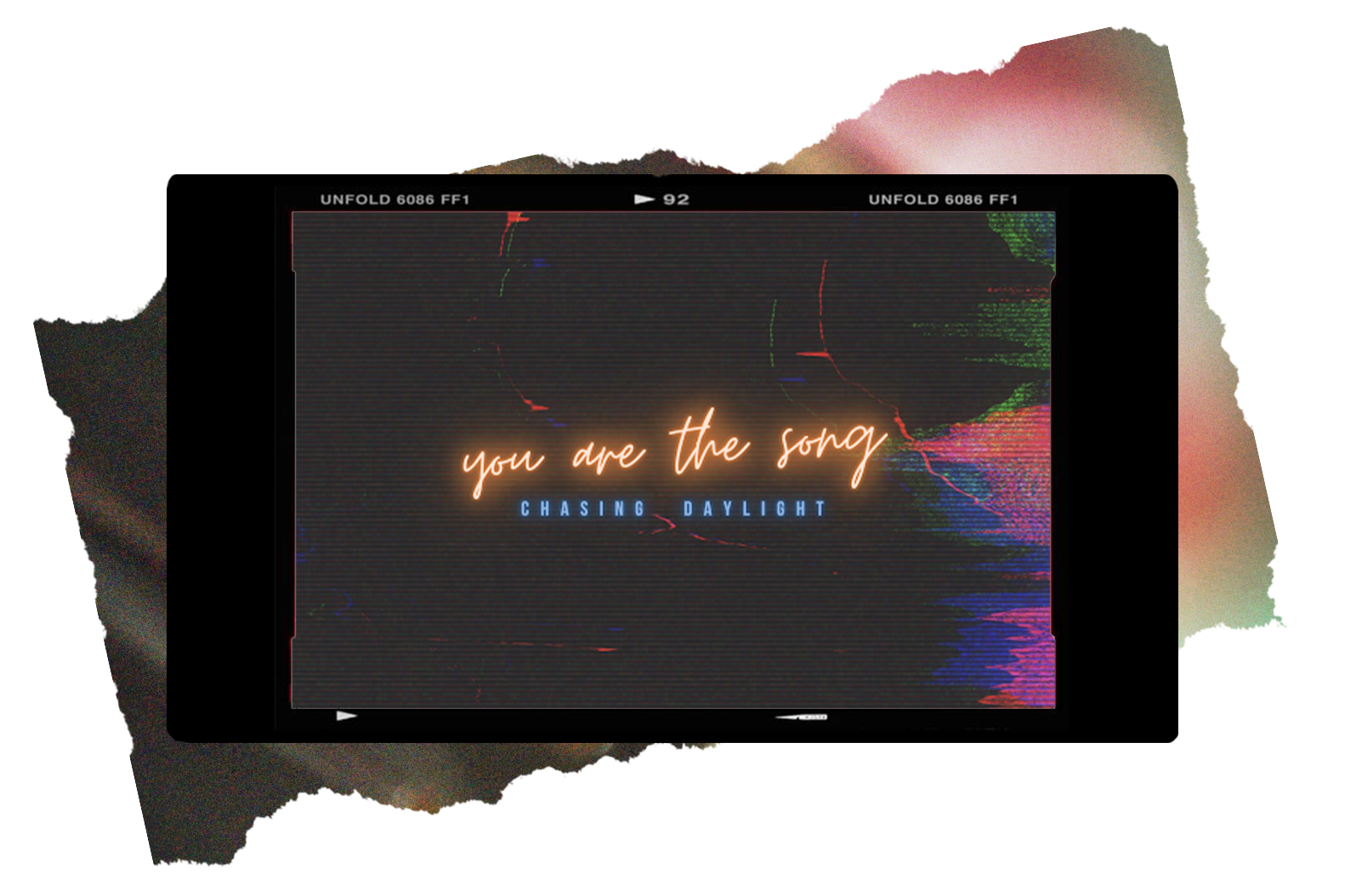
If you are reading this, all I can say is, the gospel is true.
For those who repent and believe in Jesus Christ, the verdict is out. There is no condemnation and no judgment. He offers freedom and forgiveness.
I pray this story will not end with me, but may be yours too. Ask and seek out the gospel.
The more we seek the truth, the more we’ll realise that the God of truth is the one who has been seeking us out.
Will we be found?
Written by frontman Wei Chiang during his two-year journey of self-discovery in Japan, “You Are The Song” is an uplifting anthem for all those searching for true freedom from the weight of expectations and performance anxiety.
This single is being released today, 18 September, on all major streaming platforms together with a lyric video.
In light of their return after a two-year hiatus, Chasing Daylight will also be live-streaming a launch party on their social media channels on 23 September at 8.30pm. The band is currently working on their second EP slated for release in early 2021.
- Where does your sense of worth come from? What identity most defines you?
- Are you seeking approval or validation from man over God?
- What does the grace of God mean to you?


